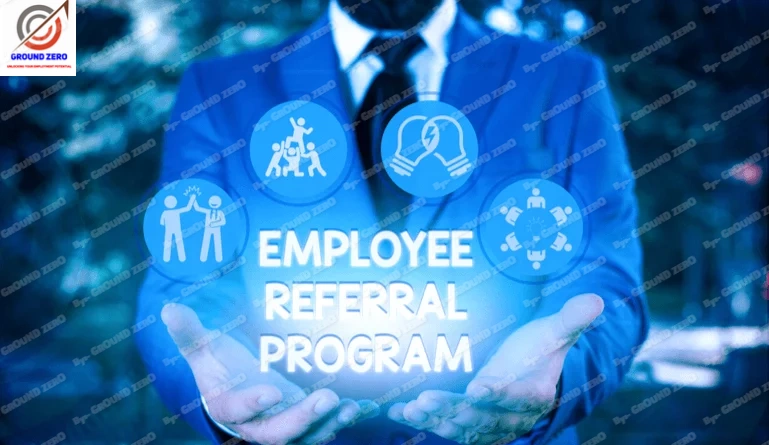
Understanding that employees are an organization’s most valuable assets is crucial, but equally important is recognizing the significance of their networks for effective recruiting. By utilizing an intelligent employee referral program, enterprises can tap into a new talent pool filled with potential best-fit candidates, which ultimately helps in filling critical roles faster. However, once an organization has chosen its referral platform, the...

A virtual job fair is an online hiring event designed to connect employers and job seekers in a fully digital environment. Instead of gathering in a physical location, participants interact via the internet using tools like live video conferencing, chat rooms, virtual exhibition booths, and interactive webinars. These events are hosted on dedicated platforms, which replicate many features of traditional career fairs while offering unique...

A concept that’s well established in the sales and marketing sphere, a pipeline in the talent context is a collection of candidates that are engaged and can be contacted when relevant roles become available. This is “relationship-centric” recruiting at its best. Instead of searching for candidates that fit an immediate need, talent pipelining requires you to build relationships with passive talent for future opportunities. Developing a...
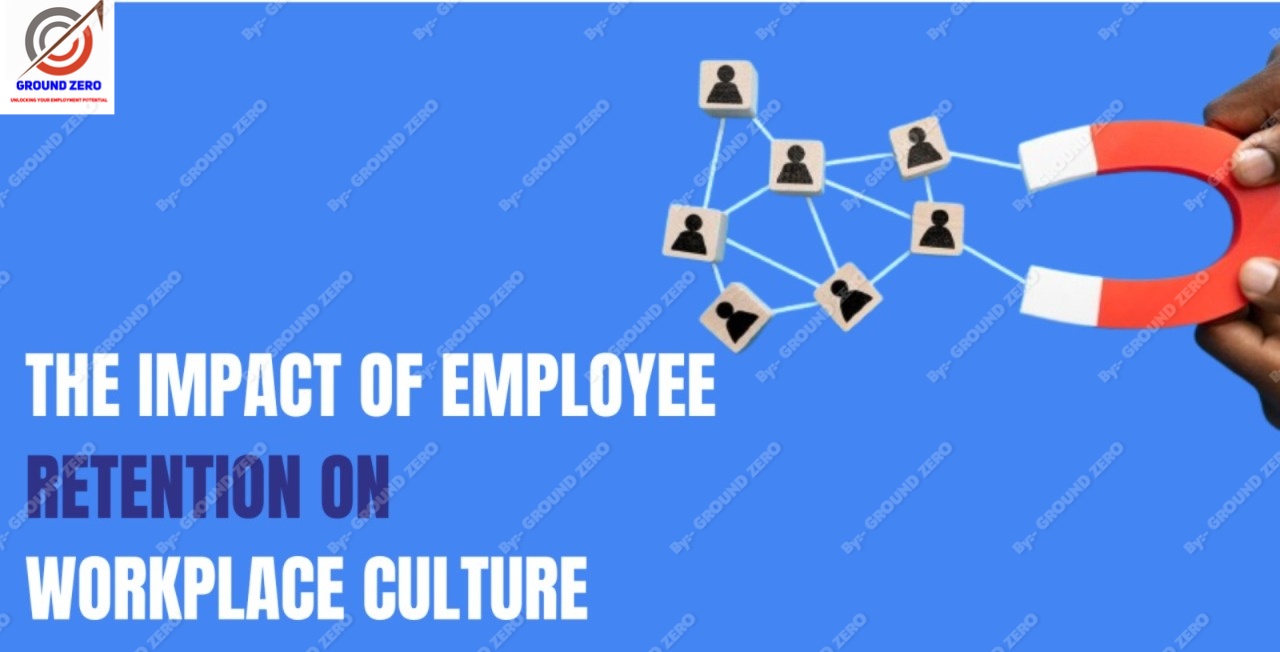
What makes an organisation stand out to job seekers in a competitive hiring landscape? Salary and perks might seem like obvious answers, but there’s a deeper factor at play: company culture. Today, candidates are looking beyond paychecks to find workplaces where they feel valued, aligned with the mission, and empowered to grow. For businesses, embedding company culture into recruitment is no longer optional—it’s essential for securing...
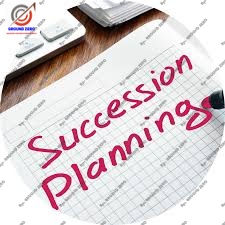
What is succession planning and why does it matter? Succession planning is a strategic approach to identifying and developing future leaders within your organization, whether they be in executive positions or mission-critical roles. By systematically planning for future leadership transitions, companies can minimize disruption, reduce costs, and ensure their business remains competitive. Traditionally, succession planning has focused on...

Recruitment Process Outsourcing (RPO) offers a practical and effective solution for employers seeking to improve hiring performance and align hiring with business strategy. But what exactly is RPO? Why should employers consider outsourcing their recruiting to an external provider? This article answers those two questions and explains the types of RPO engagements, their costs and benefits, and how to find and select the right RPO company....
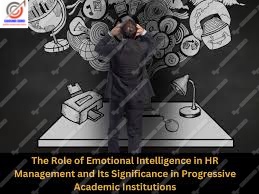
Research shows that HR professionals, who are constantly involved in human-centred tasks, greatly benefit from improving their Emotional Intelligence. Human Resource Management (HRM) involves frequent interactions with people in which emotional Intelligence (EI) is essential for achieving organisational success. EI enables HR professionals not only to understand themselves and others better but also to manage workplace challenges with empathy...
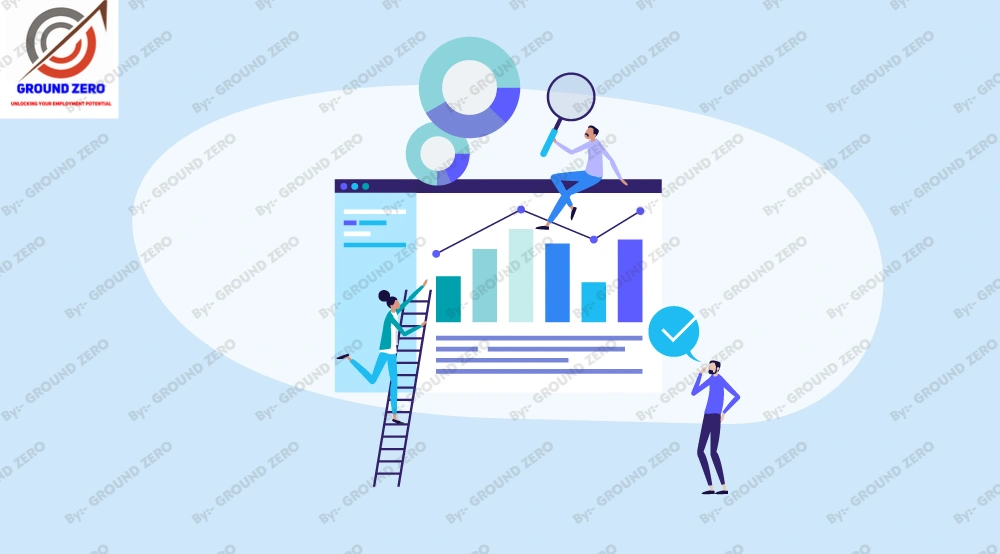
What are hiring metrics? Hiring metrics, sometimes referred to as recruitment metrics or talent acquisition metrics, are a set of measurements or data points teams use to track, manage, and optimize an organization’s hiring process. When used properly, these metrics help your hiring team evaluate and enhance your recruiting process, maximize the success of your hiring strategies, and determine whether you’re hiring the right talent for your...
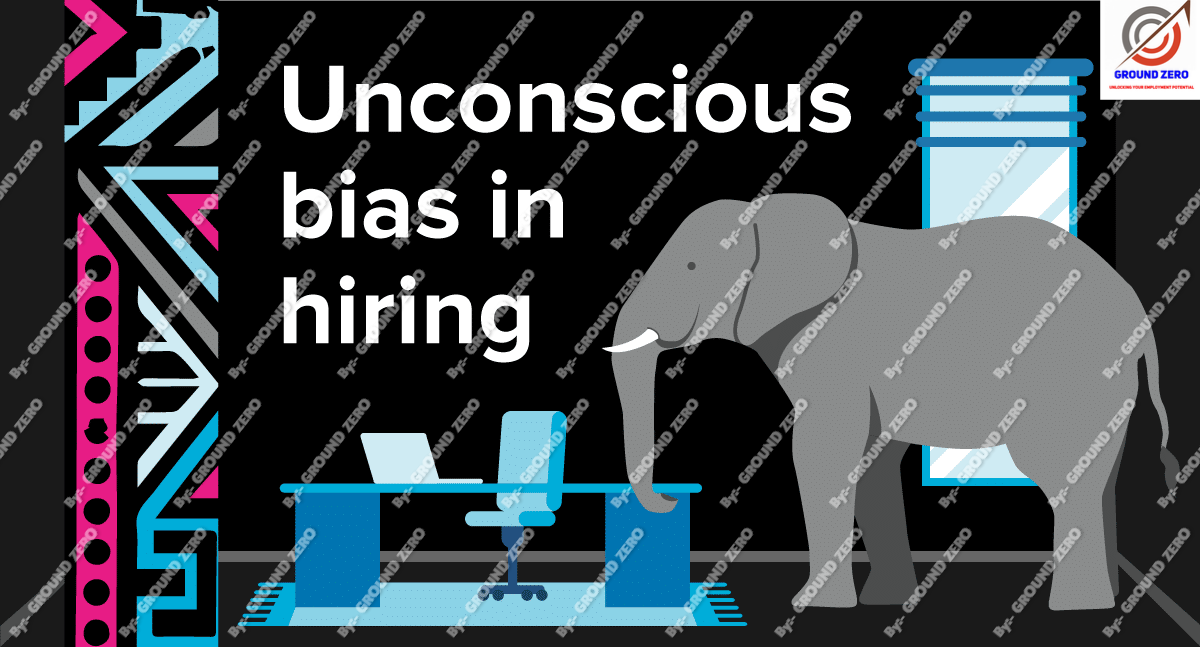
In hiring, we all hope that everyone is treated equally based solely on merit, but the truth is that people’s unconscious biases sneak in and interfere with the process. Despite the best intentions, these biases find their way into recruiters' decisions. Various types of biases can obscure a candidate's true potential from initial resume screenings to final interviews. However, with awareness and the right tools, it's possible to eliminate...
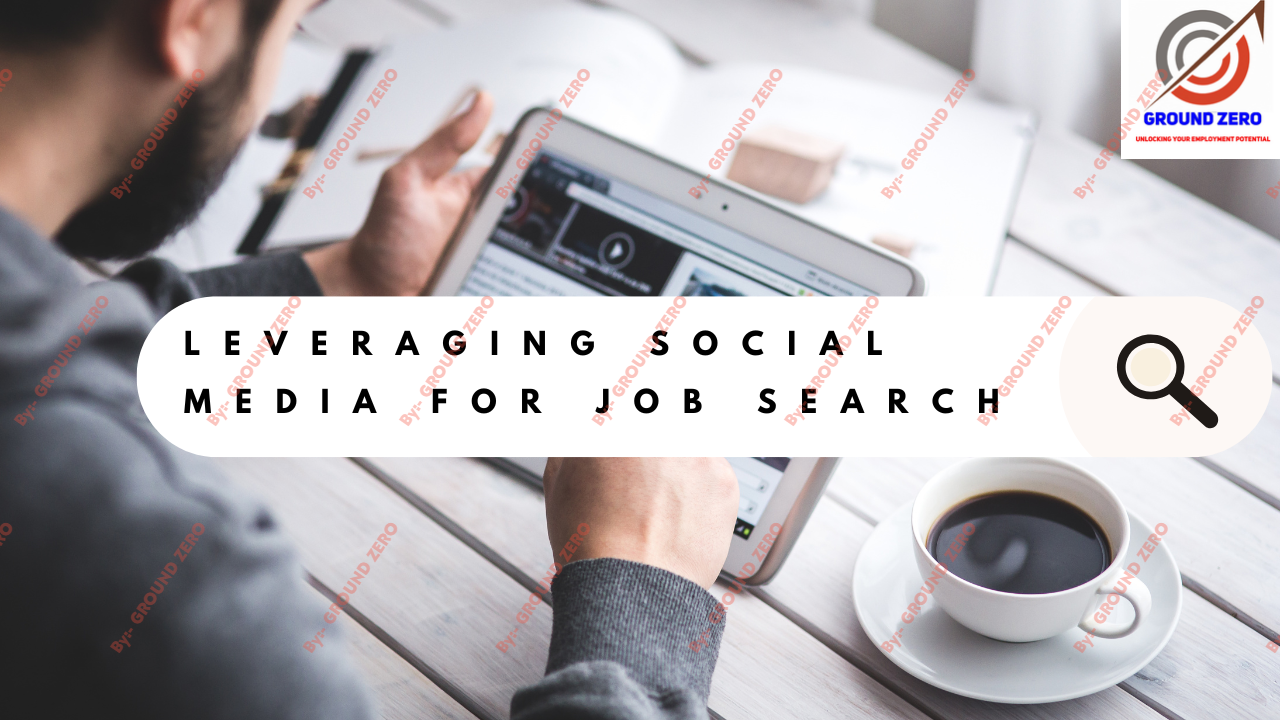
In today’s digital age, social media has become an essential tool for businesses to connect with potential customers and promote their brands. However, it’s not just for marketing purposes – social media platforms can also be a powerful tool for effective recruitment. By leveraging social media, companies can reach a wider audience, connect with job seekers directly, and build a strong employer brand. In this blog post, we’ll discuss 10...













